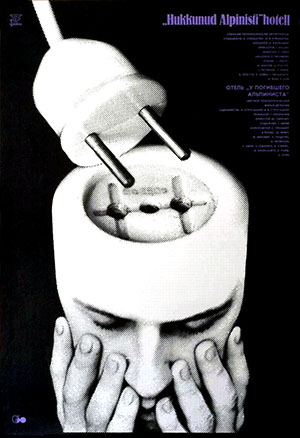Moondog 2 (1971) was Columbia's follow-up to the better-known Moondog. The second installment features Louis Hardin and his daughter singing rounds, with simple percussion, keyboard, and woodwind accompaniment, and what sounds to me like quite a bit of overtracking and stereo-mixing.
Each little song (26 in all) is charming and minimal, reminiscent of the Carl Orff gassenhauer (street song) for children. I couldn't make out all the words but this blog transcribed them. I made some tweaks to a couple of my favorites:
Voices of Spring
voices of spring were in chorus
each voice was bringing a song
i couldn't sing in the chorus until i wrote a new song
i wrote my song and joined the throng
voices of spring were in chorus
each voice was singing a song
i couldn't sing in the chorus until i wrote my new song
i wrote my song and joined the throng
Down is Up
down is up, and so up is down
because the earth is round
there is no such a thing as up or down

